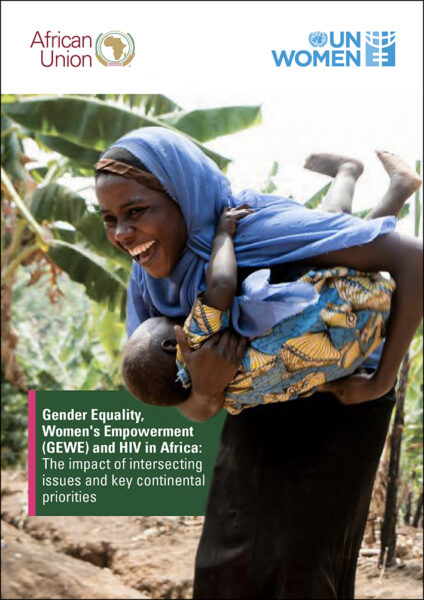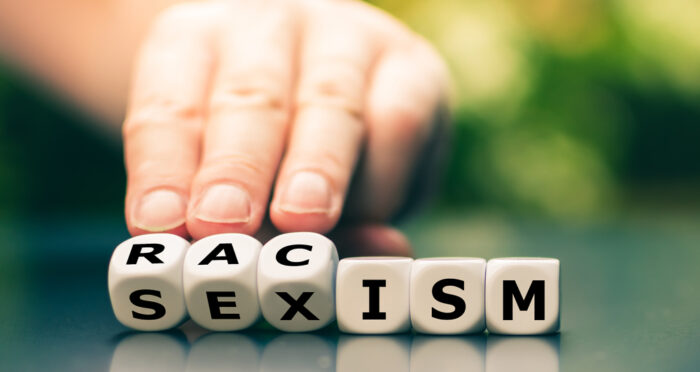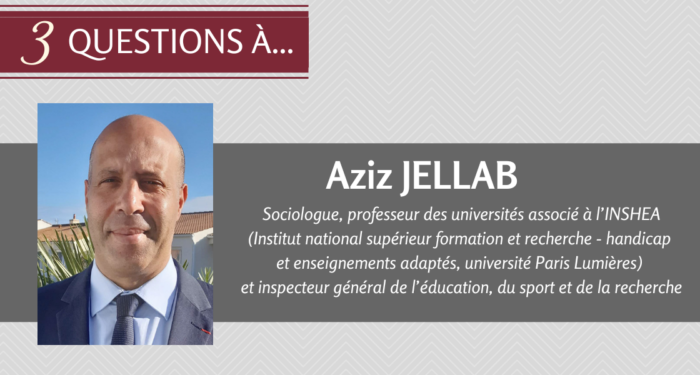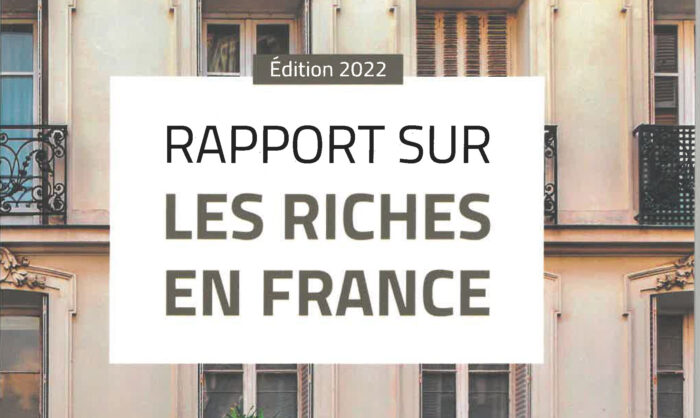On 8 March 2011 we celebrated the hundredth anniversary of International Women’s Day, a day dedicated to equality of access to education, training, employment, science and technology. Clearly, depending on the countries in which they live, women in 2011 do not always have the same opportunities. In general, however, wherever they are, they remain at a distinct disadvantage to their male counterparts economically, politically and socially. And though there have been great advances toward gender parity in France in the last two decades (a new Interdepartmental Action Plan for Gender Equality is due to be announced in late May 2011), there remains much to be done, if only at the level of everyday language, as Annie Batlle demonstrates here.
The French language is, in fact, a faithful reflection of society and of the domination men have exerted within it for a very long time. Through the words and grammatical codes it employs, language, which plays a key role in the construction of human beings, reflects the society that produced them and, in turn, contributes to the consolidation of that society. It is the case that French gives precedence to the masculine gender – a reflection, argues Batlle, of a patriarchal society built on power inequalities between men and women – and it seems very difficult to reverse the trend and grant the feminine an equitable position that does not consign women to stereotypes.



